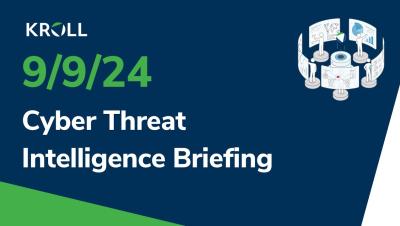Backup is Back
Flannel shirts, acid-washed jeans, Polaroid cameras, and vinyl records—these items which were once out of style are now emerging as popular must-haves among the younger generation. In the realm of IT, data backup has always been a necessity. Initially, it represented a compelling concept—storing data in an alternate location to ensure redundancy and failover capabilities in preparation for natural disasters.











